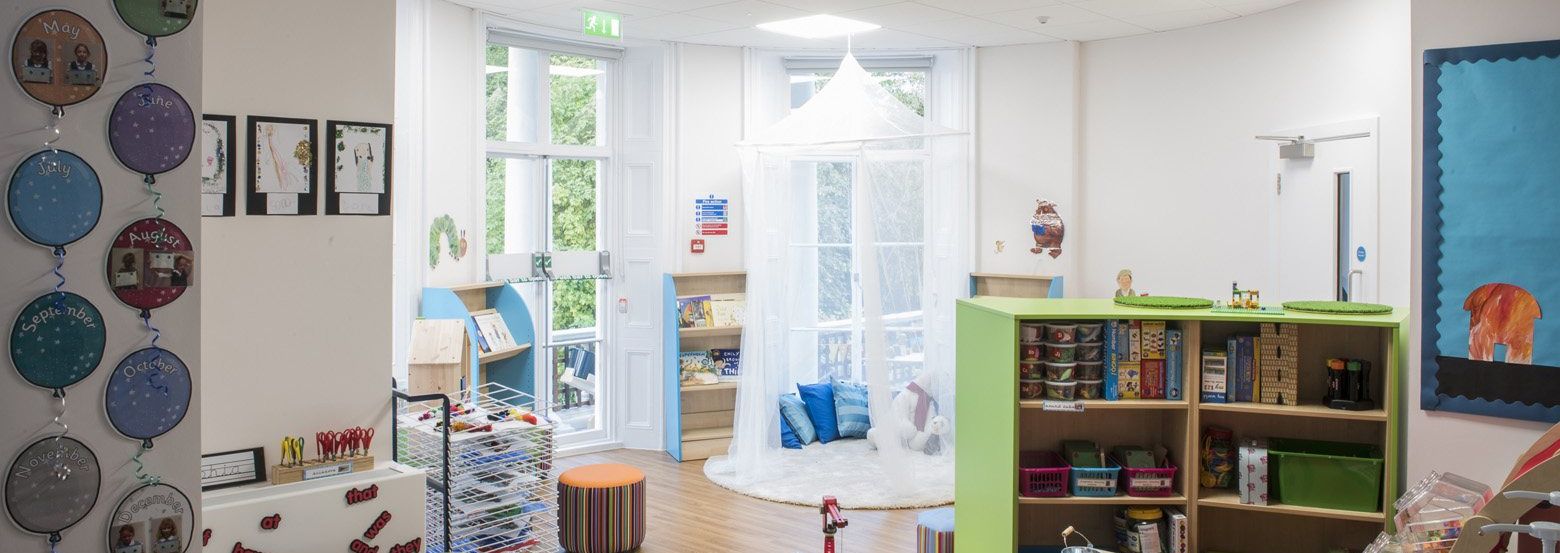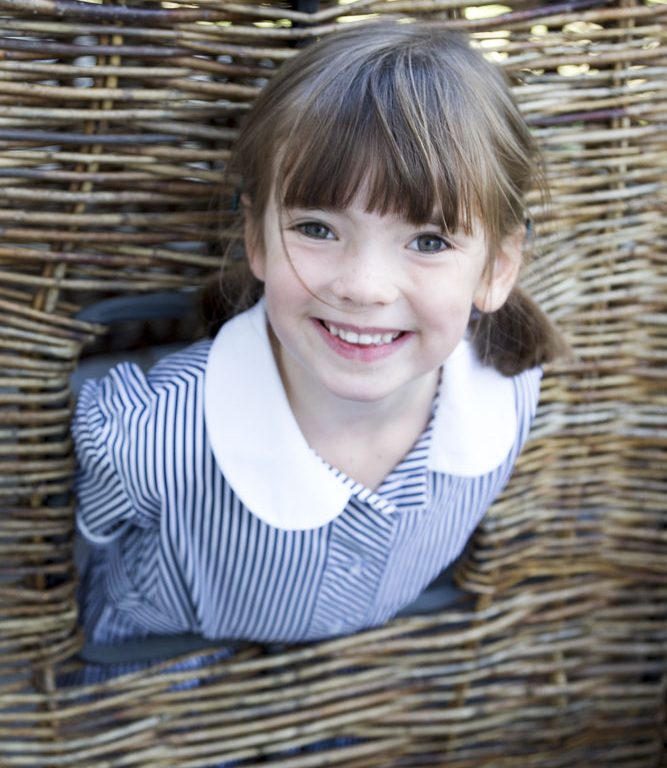EYFS Curriculum
The Early Learning Goals (the knowledge, skills and understanding which young children should have acquired by the end of the Reception year) and the educational programmes (the matters, skills and processes which are required to be taught to young children) are set out in the Statutory Framework for the Early Years Foundation Stage (Department for Children, Families and Schools 2012).
The seven areas of Learning and Development are:
Prime Areas:
- Communication and Language development involves giving children opportunities to experience a language rich environment; to develop their confidence and skills in expressing themselves; and to speak and listen in a range of situations.
- Physical Development involves providing opportunities for young children to be active and interactive; and to develop their co-ordination, control, and movement. Children must also be helped to understand the importance of physical activity, and to make healthy choices in relation to food.
- Personal, Social and Emotional Development involves helping children to develop a positive sense of themselves, and others; to form positive relationships and develop respect for others; to develop social skills and learn how to manage their feelings; to understand appropriate behaviour in groups; and to have confidence in their own abilities.
Specific Areas:
- Literacy development involves encouraging children to link sounds and letters and to begin to read and write. Children must be given access to a wide range of reading materials (books, poems, and others written materials) to ignite their interest.
- Mathematics involves providing children with opportunities to develop and improve their skills in counting, understanding and using numbers, calculating simple addition and subtraction problems; and to describe shapes, spaces, and measures.
- Understanding the World involves guiding children to make sense of their physical world and their community through opportunities to explore, observe and find out about people, places, technology and the environment.
- Expressive Arts and Design involves enabling children to explore and play with a wide range of media and materials, as well as providing opportunities and encouragement for sharing their thoughts, ideas and feelings through a variety of activities in art, music, movement, dance, role-play, design and technology.
Our learning experiences provide each child with opportunities to develop a number of competencies, skills and concepts across several areas of learning. Our purpose is to prepare our girls for transition to Year 1 and ultimately for senior school entrance procedure. It is our aim that this preparation and development across all areas of learning are delivered through planned, purposeful play-based activities, with a balance of adult and child-led activities.




